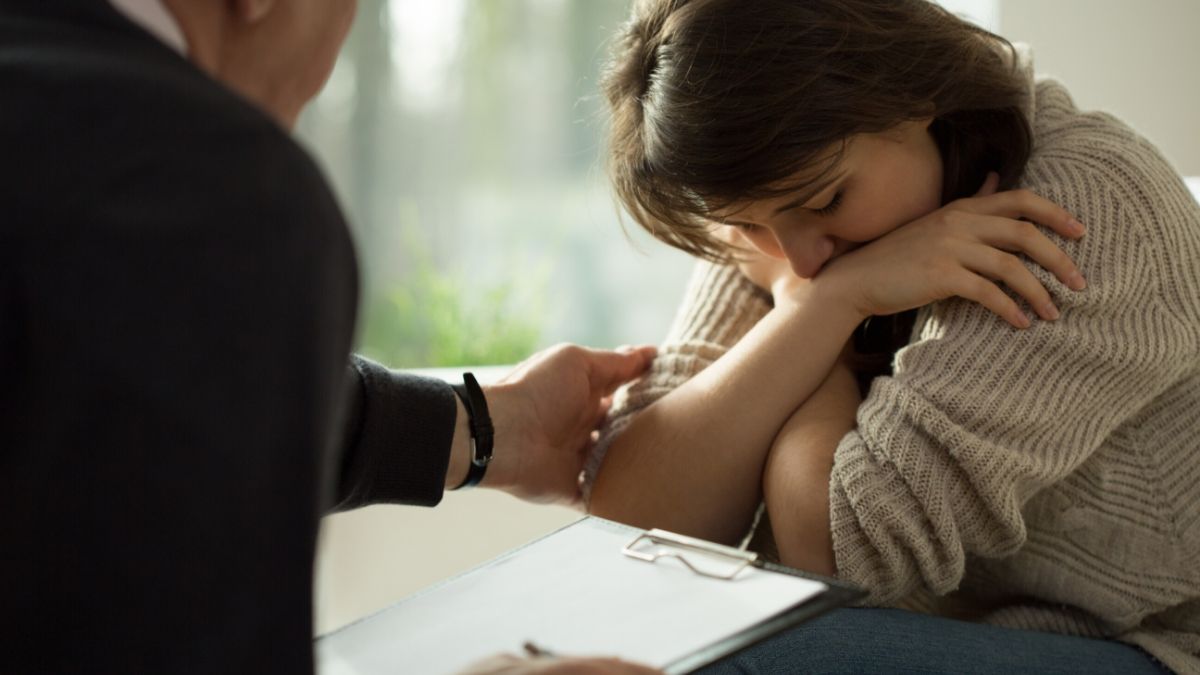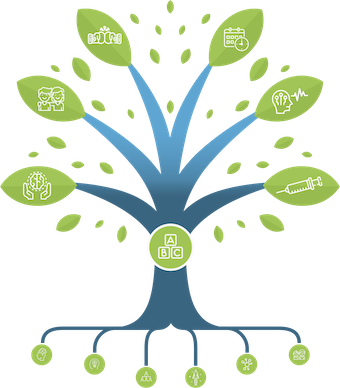Refractory Chronic Migraine: support encouragement
People who seek the help of experienced headache specialists are usually not at the beginning of their migraine journey. People with refractory chronic migraine often have:
- Seen many specialists over many years
- Been told that «it’s impossible to have headaches every day»
- Modified their lifestyle, tried diets, learned how to meditate
- Become experts at time and crisis management
- Tried more than 10 medications
- Bought expensive devices for posture, pillows, neuromodulators etc
- Tried natural approaches and supplements
- Been to the emergency department multiple times
- Faced difficult conversations with their partners, boss, co-workers, kids and friends
- Been told a gazillion times to manage their stress, drink water and exercise
- Had CT scans, MRIs, and sometimes even lumbar punctures and genetic tests
- Have wondered if «something has been missed»
- Seen chiros, osteopaths, physios, acupuncturists, psychotherapists, etc.
- Felt despair. Some know what being suicidal means
Many are frustrated and live with the constant feeling that their life is unfair. Quite honestly, we can understand why. Many people with chronic migraine are exceptionally resilient, determined and courageous. All are looking for relief and improvement, even if partial.
Physicians who work with people with refractory migraine share a little part of this burden. They hear the sad stories, they try to help. They might be frustrated that some treatments are not available to their patients. They often wish they could do more, had more time, more options.
Here are some thoughts that experienced headache specialists have shared with the Migraine Canada™ team. These ideas and concepts might help patients and less experienced clinicians.
It takes a village to help a person with chronic headaches:
Beyond the fantasy of the quick fix and the miracle drug, people with refractory chronic migraine (or headache) know that their life can be better with «a little help from their friends». Combined approaches are often key. Physio and massage, injections, different medications (yes, sometimes many), psychological support, social contacts, pets…all of this might be needed. By the way, this rule is true for any severe disease, from cancer to stroke, auto-immune conditions and kidney disease. Teams are essential.
Seeing a psychologist does not mean one is crazy:
Emotions are normal reactions, but sometimes they play against you. Anger and frustration, even if legitimate, can drain a lot of energy. Anxiety is completely understandable when one lives with refractory migraine or headaches, but can also deplete energy stores and increase the migraine load. Learning how to deal with emotional energy drains can improve quality of life. As any skill, from ski to piano, it takes practice, support and a competent guide.
Accepting does not mean losing hope for improvement:
This is the follow-up of the previous statement. It is entirely normal to look for a diagnosis and a cure, but the harsh truth is that sometimes the situation is what it is: this is Chronic Migraine, and there is no cure. All diseases have severe forms that medicine cannot yet improve, and migraine is no exception. Donating to research is to only way to support true progress but will not bring relief now. Acceptance Commitment Therapy has shown good results for chronic pain and should be on the list of options. Nothing is more difficult than letting go, but it can be a very good move.
Enjoy the good times
The journey of chronic migraine is a long one. Learn to enjoy every good moment, improvement and success. Pay attention to little sparkles of joy and comfort. Don’t lose sight of your ability to feel happy. This may seem very difficult, but it will fill your energy stores.
This situation is not your fault and you deserve support (and admiration)
People with RCM often feel shame and guilt. They can’t be the person they want to be, at work, at home, with their friends. Since migraine is invisible and stigmatized, people with migraine do not receive the support that people with other diseases (think about cancer) get. But that can change, especially now that science is bringing stronger and stronger proofs of the migraine underlying mechanisms. Patient associations and support group exist for virtually every other medical condition. We need more support for people with migraine!
Post#103
Tags In
Categories
THE MIGRAINE TREE
- BRANCHES
- ACUTE TREATMENTS
- DEVICES AND NEUROMULATIOIN
- PREVENTIVE TREATMENTS
- PROCEDURES AND INJECTIONS
- SELF-CARE AND LIFESTYLE
- SOCIAL LIFE
- TRUNK
- ROOTS
OTHER CATEGORIES




